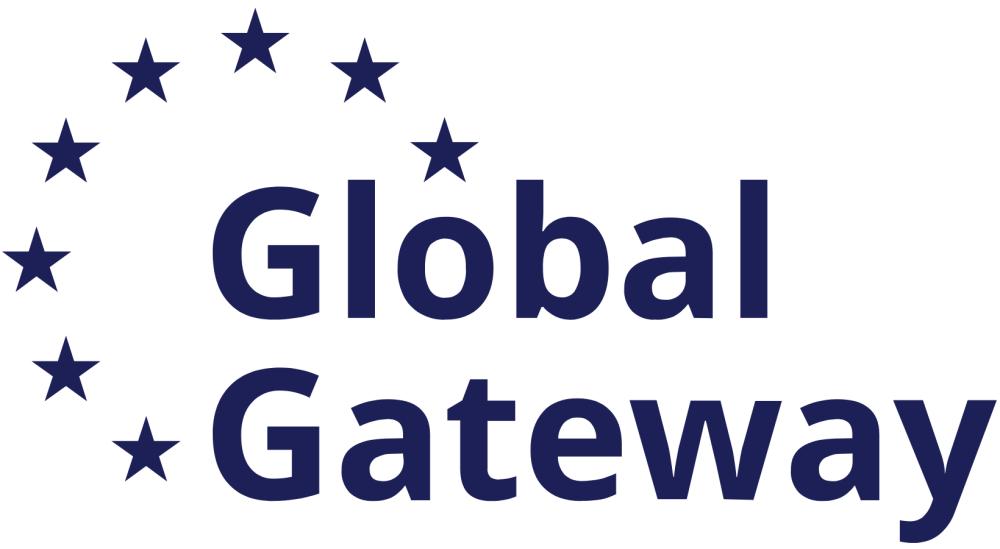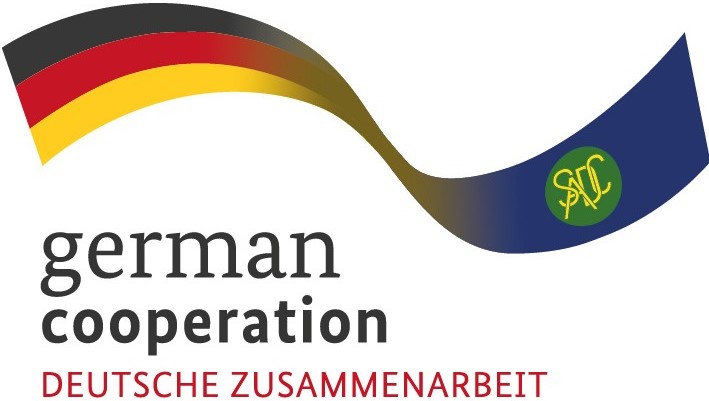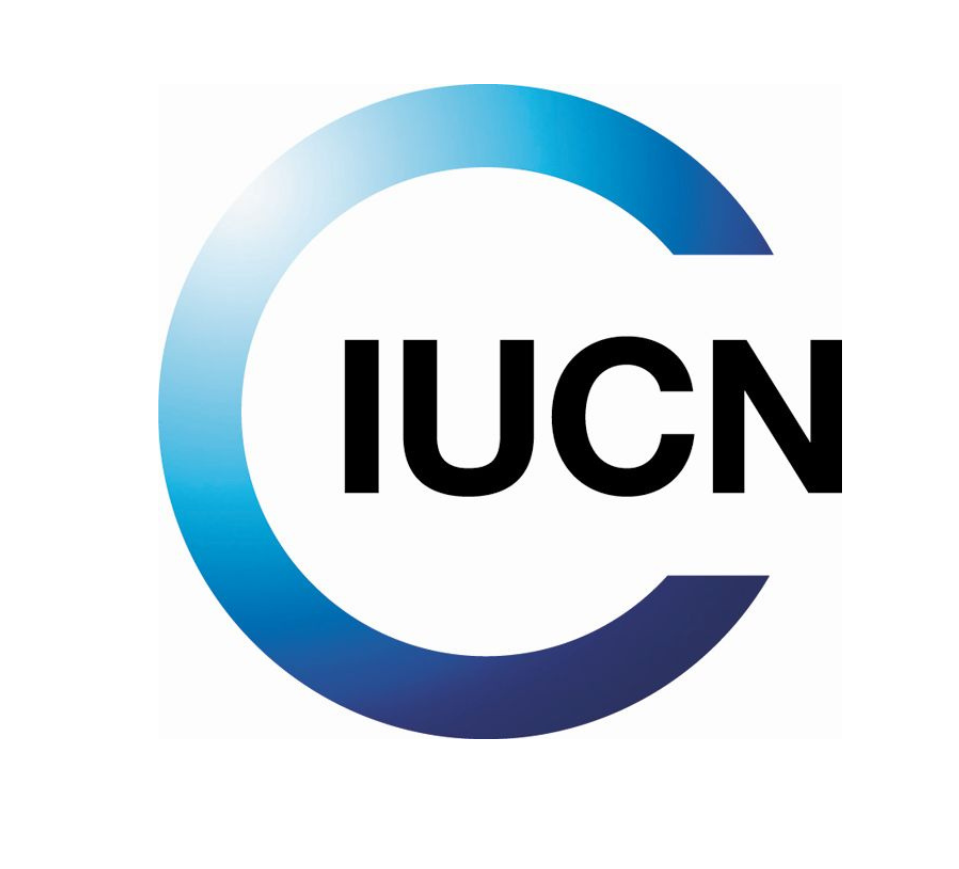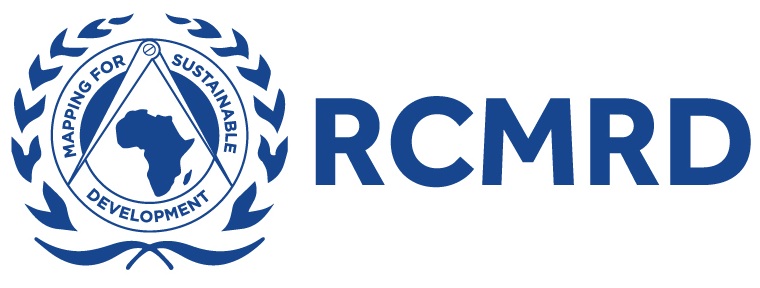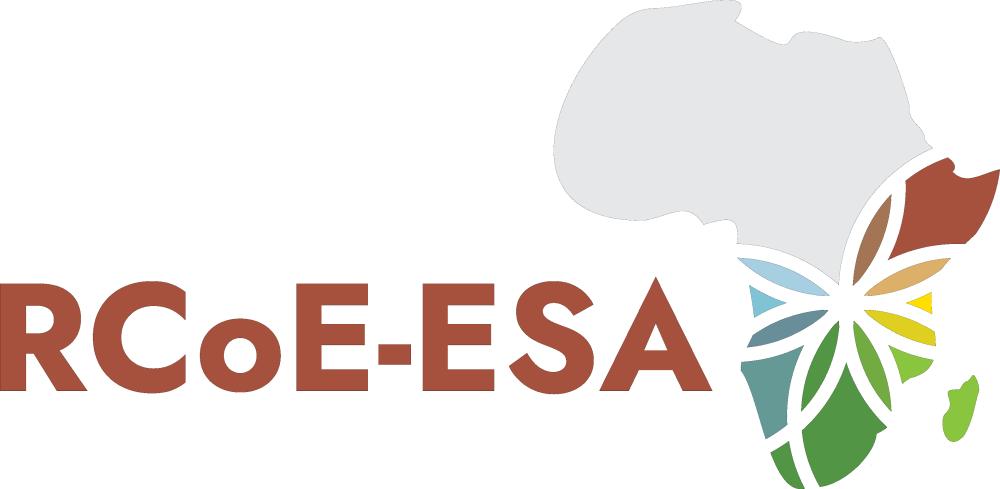 Translate
Translate
Resources
BIODIVERSITY KNOWLEDGE FROM THE CHIMANIMANI TRANS-FRONTIER CONSERVATION AREA (TFCA)
| Author: | Jonathan Timberlake |
| Language: | |
| Topic: | Conservation |
| Type: | Research |
| Last updated: | 14 May 2025 |
The Chimanimani Trans-Frontier Conservation Area (TFCA), lying on the border of Eastern
Zimbabwe and central Mozambique at around 19o50'S, 33o04'E, has long been known by
biologists as an area of exceptional biodiversity with a number of plant species that are not found elsewhere (known as endemics). Covering around 4100 km2, the TFCA comprises a montane massif rising from a forested lowland area and has an altitudinal range from 140 m along the Rio Mussapa to the peak of Mt Binga at 2436 m on the international border. One of the main causes of the high levels of plant endemism is that much of the massif consists of hard, resistant quartzite rocks that give rise to rugged scenery and very nutrient-poor soils
Over the last 60 years much has been written on the biodiversity of both the mountains and
the associated forested lowlands, particularly for the Zimbabwe side. But with the exception
of the comprehensive paper on the plant ecology by Phipps and Goodier in 1962, and a
detailed account of the Mozambique side by Dutton and Dutton in 1975, until recently much
of this information remained scattered. However, recent project reports have brought together
much of what we know on the botany of the mountains and of the lowland forests
(Timberlake et al. 2016a, 2016b), but not on the vertebrates and invertebrates.
As part of a Critical Ecosystem Partnership Fund (CEPF)-funded project to assist
management of the TFCA on both sides of the international border, the Micaia Foundation (a
Mozambican NGO) commissioned a consultancy to compile existing biodiversity information
on the TFCA and to assess that information to determine what the significant gaps, especially
for management actions, are. In addition, the consultant was to provide a bibliography (see
Annex 1), with scanned copies where possible, of published information for a proposed
Chimanimani Resource Centre.



